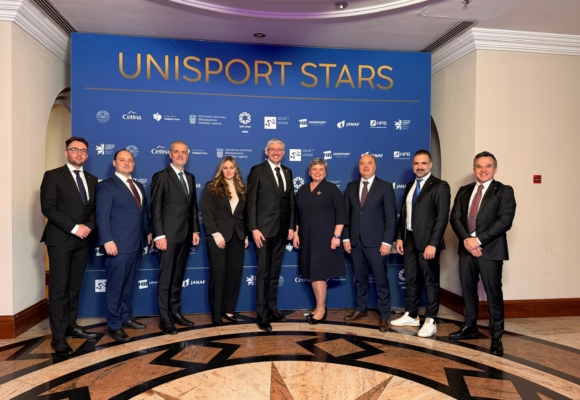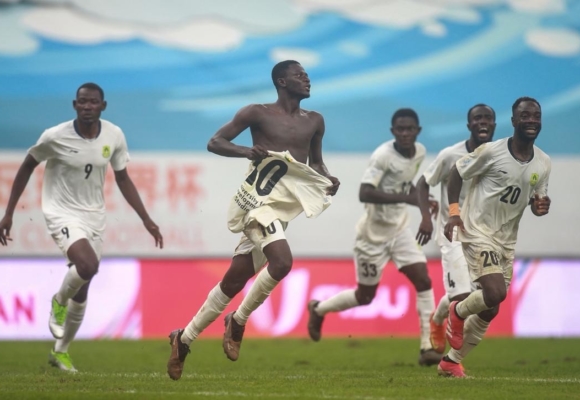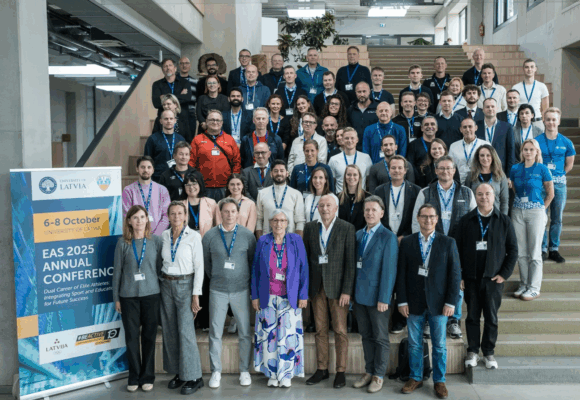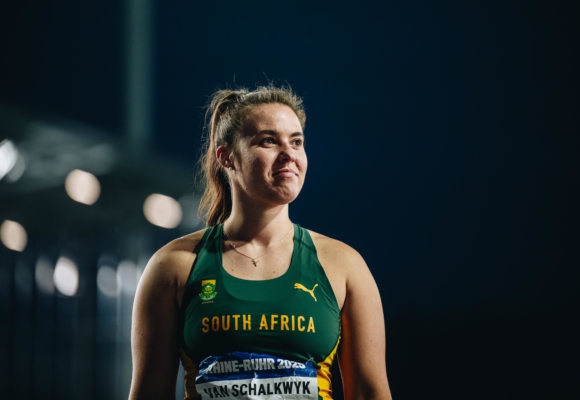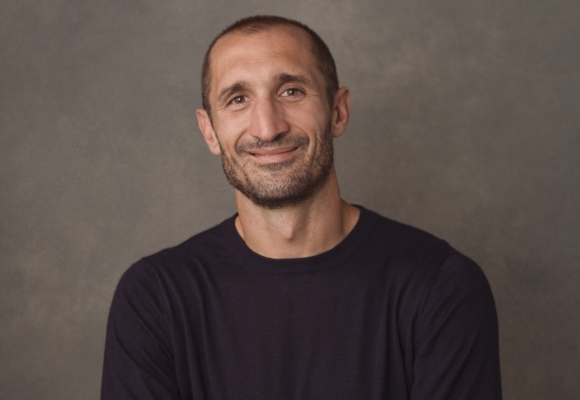Dual Career projects in Europe
| Abbreviation | Full project name | Short description | Link to website |
| ELCAMP | A Self-employment Career Option for Elite Athletes: Innovative Sport-focused Entrepreneurship Bootcamp | The ELCAMP project focus to strengthen skills and competences of elite and Paralympic athletes on sport-focused entrepreneurship with innovative methods and to connect athletes among themselves and with other people interested in the entrepreneurship. ELCAMP is a collaborative partnership project funded by the European Commission within the scope of Erasmus + Sport Program. | https://www.bootcampforathletes.com/ |
| EMPATIA | EDUCATION MODEL FOR PARENTS OF ATHLETES IN ACADEMICS | The purpose of the project is to establish an on-line multi-lingual educational programme for parents of young and talented athletes involved in a “dual career” path. The educational programme will be based on evidence-base knowledge on dual career parenting, and on eminence-base knowledge of parents’ experiences, perceptions, opinions and needs in supporting athletes as students. | www.empatiasport.eu |
| AFE | Athletes Friendly Education | “This project focused on the promotion of dual careers of athletes and the support of innovative educational approaches in relation to the objectives of the EU policies in the field of sport and in pursuit of the objectives from the EU Commission Guidelines on Dual Career of Athletes. The aim of the project is to spread awareness and good practices among educational institutions that support athletes in their dual careers by determining the minimum quality standards of educational and training institutions at the EU level, and then establishing a certification system to recognise the efforts made by dual career-friendly institutions.” | https://athletes.friendly.edu.olympic.si/ |
| Edmedia | Media as a Channel of Athletes’ Dual Careers Promotion and Education | “EdMedia project aimed to proactively change the attitude towards an athletes’ dual career by deliberately shaping a positive image and encouraging sports organisations to pursue the implementation of the European Union’s 2012 guidelines on dual careers of athletes. The action plan of the project included conducting a comprehensive analysis of related scientific articles and examining how an athletes’ dual career image is formed by media, before analysing the gap between the current practices and the EU guidelines on dual career of athletes” | https://www.lsu.lt/en/project-edmedia/about-project/ |
| PRODUCE | PROmoting DUal Career through Education of young journalists | “The project’s aim is to create both an educational peer to peer network among young journalists in Europe while simultaneously providing guidelines for active learning. Therefore, the key objective of PROUCE is to develop and improve skills and educate young reporters through volunteering at European Universities Championships and Games while also promoting dual career of athletes. “ | https://produce.eusa.eu/ |
| AMID | Athletic Migration in Dual Career | (AMID) looks to promote and support good governance in sport and Dual Careers of athletes by building a network for exchange of best practices, by developing skills and competences in Dual Career, especially addressing migrating athletes. | https://blogi.eoppimispalvelut.fi/amid/ |
| MLEA | Micro Learning Entrepreneurship for Athletes | MLEA addresses the Collaborative partnership priority “Promote education in and through sport with special focus on skills development, as well support the implementation of the EU Guidelines on Dual Careers of Athletes”. The project’s main objective is to promote education in and through sports, as well as to assist in the implementation of the EU Guidelines on Athlete Dual Careers through the development of a tailor-made, modular curriculum on entrepreneurship for athletes | https://www.eusa.eu/projects/mlea |
| BRAVA | Brand Value Alignment through Dual Career | The aim of the three-year project is to build evidence-based knowledge and define and implement new European guidelines to support dual careers in the workplace. Enhancing the European workplace environment so the challenges of dual career athletes and coaches can be effectively accommodated. The project intends to produce publications, guidelines, and strategies on the working experiences, perceptions, opinions, and needs of DC employee-athletes and coaches, as well as brand alignment strategies and corporate social responsibilities. | https://www.bravadualcareer.eu/ |
| MTG | More than Gold | DONA aims to empower women’s volleyball players by investigating, developing and testing a dual career methodology at club level. To cover the several important development stages that encompass relevant changes at academic, athletic, psychological, social and professional levels, DONAtargets arounf 250 female volleyball athletes between 12-20 years old. Upon the development of a dual career methodology, a Dual Career Club Management (DCCM) unit will support and help the players throughout a 3-semester pilot programme, whereas the volleyball clubs will create an optimal DC environment in cooperation with educational institutions. | https://www.dualcareer.eu/dual-career-for-women-athletes-dona-project-started/ |
| Starting 11 | The European Dual Career Toolkit | STARTING 11 is an Erasmus+ sport project with the mission to boost the implementation of dual career support in the EU by empowering through a toolkit. The European Dual Career Toolkit helps institutions in sport, education and the labour market transform the dual career concept into effective action. | https://starting11.eu/#about%20 |
| YODA | Young Ordinary and Disabled sports Athletes Mentors | YODA aims to establish an online educational programme which ultimately helps mentors to guide young athletes for a successful management of their academic and professional sports careers from an early stage. Furthermore, YODA will focus on inclusion and accessibility, as the programme aims to disable such as able-bodied athletes. Needless to say, athletes with disabilities face additional challenges in their studies too, why any dual-career initiative should bear in mind the special needs of athletes with disabilities, especially in training mentors for dual-careers. | https://www.yodamentors.education/yoda-mentors-erasmus-project/ |
| ICDC | Innovative Clubs for Dual Career | The objective of this project is to develop an innovative club-based pilot programme to support Dual Careers that facilitates an optimal combination of high-quality training and education to young athletes practicing water sports, namely canoeing, rowing and swimming. The Programme will target athletes between 14 and 21 years old, a critical age in which athletic, academic, psycho-social and professional transitions take place. | https://www.icdc.eu/en/content/icdc-project |
| Para-Limits | Dual Career of Student-Athletes with Disabilities | The main objectives are: to detect the needs and barriers athletes-students with disabilities have in combining their sports and university commitments; to adapt the Dual Career model to elite athletes with disabilities for promoting their social integration and for supporting their transition to the labor market at the end of their sports careers; to create an innovative course for university staff to serve as sports mentors for athletes-students with disabilities. | https://paralimits.eu/project/ |

